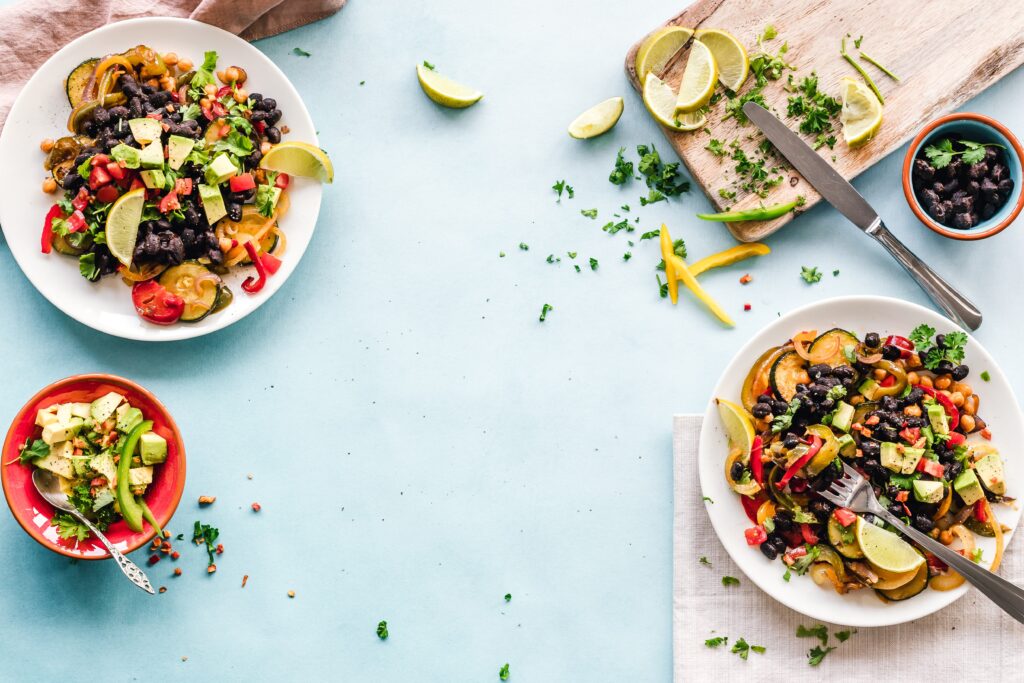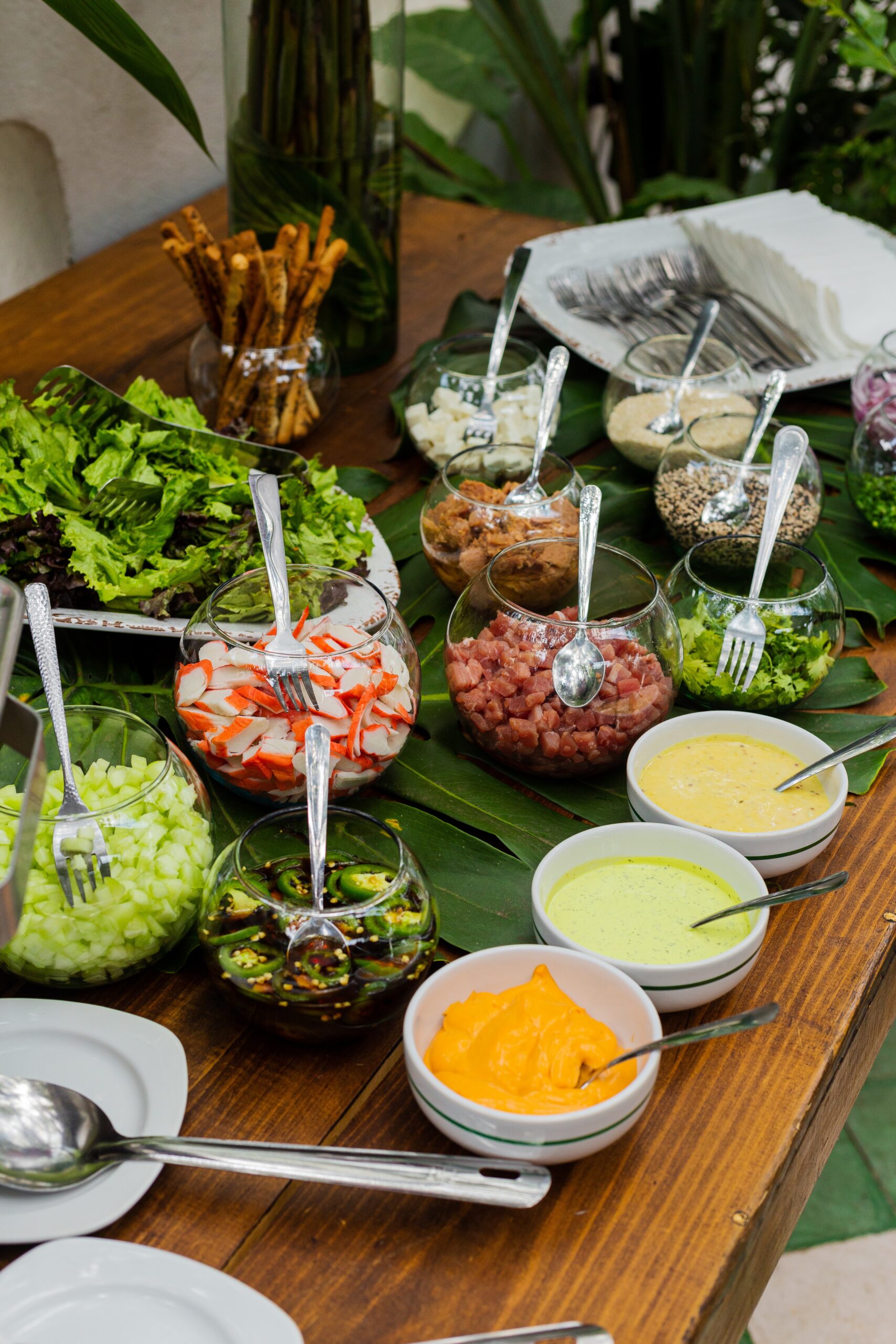Maintaining a balanced and healthy Meal Timetable is essential for overall well-being, and Nigerian cuisine offers a rich array of flavors and ingredients that can be incorporated into nutritious meal timetable. To help you kickstart your journey towards a healthier lifestyle, we’ve put together a list of nutrient-packed timetables for breakfast, lunch, and dinner, inspired by traditional Nigerian dishes. These meal timetable are designed to provide a well-rounded mix of essential nutrients, while still embracing the delicious and diverse flavors of Nigerian cooking.
What Is The Timetable For A Healthy Meal Timetable?
A healthy meal timetable typically includes three main meals (breakfast, lunch, and dinner) and 1-2 snacks. The timing can vary but often follows this schedule:
- Breakfast (7-9 AM): Start your day with a balanced meal, including protein, fiber, and healthy fats.
- Morning Snack (10-11 AM): A small, nutrient-rich snack like fruit, yogurt, or nuts to keep energy levels stable.
- Lunch (12-1 PM): A substantial meal with lean protein, vegetables, and whole grains.
- Afternoon Snack (3-4 PM): Another small snack to bridge the gap between lunch and dinner. Opt for something light yet satisfying.
- Dinner (6-8 PM): A well-rounded evening meal with protein, vegetables, and a source of healthy carbohydrates.
- Evening Snack (optional, 8-9 PM): If needed, a light, low-calorie snack like herbal tea or a piece of fruit.
Adjust these times to fit your daily routine, but aim for consistency and mindful eating. Avoid late-night heavy meals, and focus on balanced nutrition throughout the day.
How do I plan a 7 day meal plan?
To plan a 7-day meal plan, set goals, calculate daily calorie needs, choose nutrient-rich foods, create a balanced meal template, plan meals, focus on variety, manage portion sizes, make a shopping list, stay flexible, monitor progress, and stay hydrated.
Breakfast Meal Timetable
This is one of the most important meal of the day, so its advisable to take you breakfast serious!
Day 1: Moi Moi and Whole Wheat Toast
- Moi Moi, a protein-rich steamed bean pudding.
- Whole wheat toast for added fiber and sustained energy.
Day 2: Oatmeal with Nigerian Fruits
- Oatmeal topped with diced mango, pawpaw (papaya), and bananas.
- Nigerian fruits provide vitamins, minerals, and natural sweetness.
Day 3: Akara and Garden Egg Sauce
- Akara (bean cakes) made with minimal oil for a protein-packed start.
- Garden egg sauce (stewed eggplants) for a dose of antioxidants.

Lunch Meal Timetable
Lunch meal timetable involves planning balanced, nutritious midday meals that align with dietary goals, using fresh ingredients, and ensuring portion control.
Day 1: Grilled Fish and Vegetable Stir-fry
- Grilled fish seasoned with local spices.
- Colorful vegetable stir-fry with bell peppers, carrots, and green beans.
Day 2: Jollof Quinoa with Chicken
- Jollof-inspired quinoa with lean grilled chicken.
- Quinoa offers complete protein and a lower glycemic index.
Day 3: Egusi Soup with Amaranth Leaves
- Egusi soup with a variety of vegetables and lean protein sources.
- Amaranth leaves provide a nutritious alternative to spinach.
Dinner Meal Timetable
Dinner meal timetable entails preparing balanced, healthy evening meals to meet dietary needs. Use diverse ingredients, control portions, and adapt to preferences and dietary goals for a satisfying and nutritious dinner routine.
Day 1: Yam Porridge with Spinach
- Yam porridge cooked with tomatoes, peppers, and spinach.
- Spinach adds vitamins and minerals to this hearty meal.
Day 2: Brown Rice and Efo Riro
- Brown rice paired with Efo Riro, a spinach-based stew with assorted meats.
- Fiber-rich brown rice supports digestion and provides sustained energy.
Day 3: Moin Moin and Coleslaw
- Moin Moin served with a side of coleslaw (cabbage and carrot salad).
- Coleslaw adds crunch and additional nutrients.
Tips for a Healthier Nigerian Diet:
- Choose whole grains like brown rice, whole wheat, and quinoa over refined grains.
- Opt for lean protein sources like fish, skinless poultry, beans, and lentils.
- Incorporate a variety of colorful vegetables and fruits to boost antioxidants and vitamins.
- Use healthy cooking methods such as grilling, steaming, and stir-frying.
- Limit the use of excessive oil, palm oil, and processed ingredients.
- Stay hydrated with water, herbal teas, and natural juices.
- Monitor portion sizes to avoid overeating.
Conclusion
Embracing a healthier Nigerian diet doesn’t mean sacrificing flavor or tradition. By following these nutrient-packed meal timetable (s) for breakfast, lunch, and dinner, you can enjoy the rich tastes of Nigerian cuisine while nourishing your body with essential nutrients. Remember, consistency is key, and making small, sustainable changes to your diet can lead to significant improvements in your overall health and well-being.
